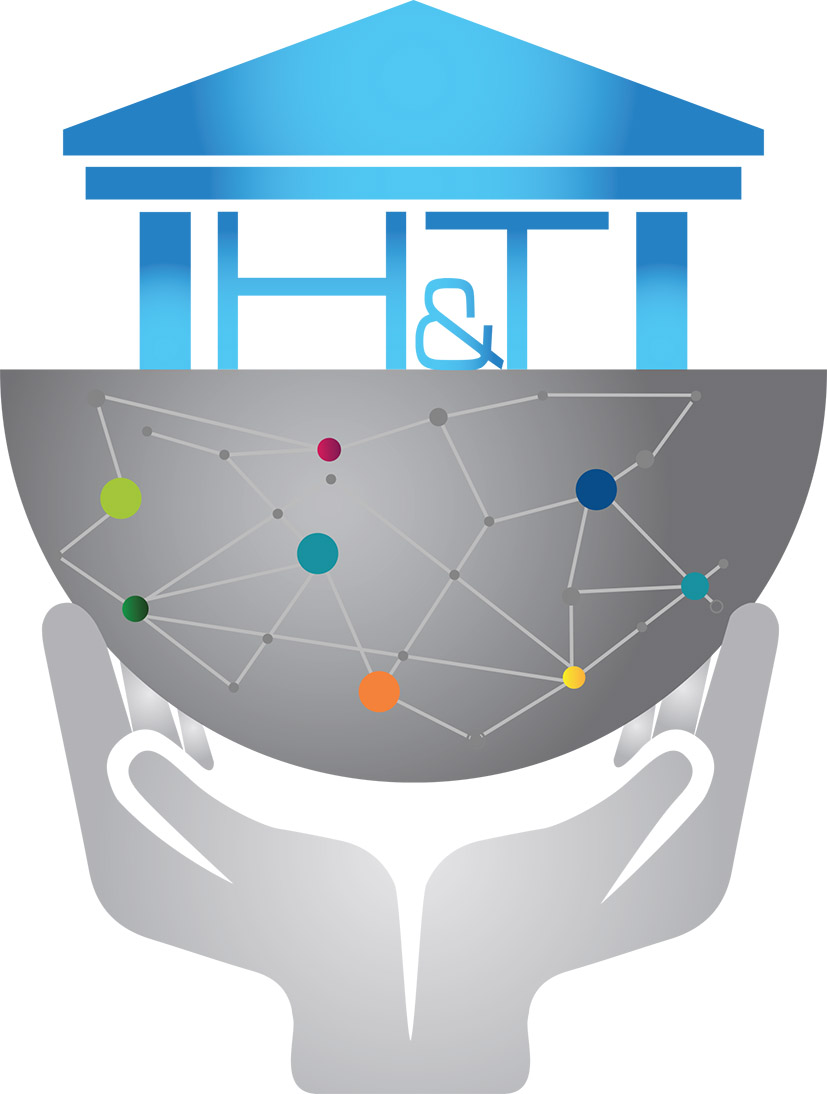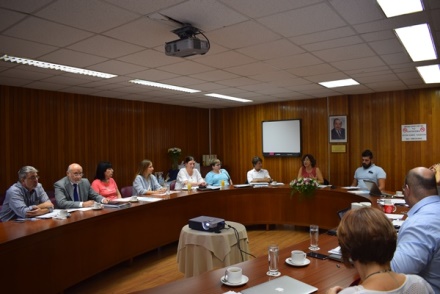The 2nd steering committee meeting of the EU ERASMUS+ project titled “Employer programme for Hospitality and Tourism” has been successfully concluded last week. The meeting took place during the period 19 to 20 June at the Technological Educational Institute (TEI) of Crete, Greece. The purpose of the project is the development and formalization of partnership processes between the tourism – hospitality private sector, tertiary educational institutions offering programmes of studies in tourism and hospitality and students, through a state – of – the art and innovative employer programme, that is tailored made to the needs of the tourism and hospitality sector.
The department of Business Administration (Heraklion) of TEI Crete participates in the above mentioned research programme as a research partner. The remaining of the research partners in the programme originate from four (4) other countries across the European Union. More specifically, research partners in the programme come from Cyprus (Higher Hotel Institute of Cyprus, and Mediterranean Management Centre), Finland (Technological University of Tampere), Italy (Grouppo4), and Spain (DΟCUMENTA).
During the 1st day of the project meeting (19th June), the main results from the primary research survey conducted by the three academic institutions across three (3) EU countries (Cyprus, Greece, Finland), were presented. Participants in the survey were drawn from academia (professors and academics), industry professionals, as well as students. The objective of the survey was set twofold. On the one hand to facilitate the identification of gaps that exist in the partnerships between industry professionals and academic institutions offering tertiary level tourism education. On the other hand, to offer solutions with respect to the development of strategic partnerships that can be mutually beneficial for all stakeholders involved (industry professionals, the academia and students). During the 1st day of the meeting, a discussion around best practices regarding employer programmes between academic and the private sector has followed. The discussion also considered how these best practices could be incorporated within the recommendations report for the development of the current strategic partnership between academia and the private sector.
The second day (20th of June), the meeting focused upon the planning and organization of a recommendations report for all stakeholders involved in the process. The forthcoming recommendations report will focus on the development of best practice processes and initiatives that would facilitate the strategic co-operation between the tourism – hospitality sector and academia. A set of recommendations will develop out of the analysis of the empirical results derived from the survey research mentioned earlier on as well as the analysis of a set of best practice cases in the area of employer programmes in tourism and hospitality across Europe. The 2nd steering committee meeting concluded with the evaluation of the research programme’s progress status so far.
The next steps in the Employer Programme for Hospitality and Tourism research porgramme revolve around the completion of the best practices guide on strategic partnerships between industry professionals and academia in Europe and internationally. This forthcoming report will also present best practices identified from the current programme of research. Based on this report, along with the analysis of the needs analysis from the 1st stage of the project, a recommendations report will develop summarising the way that current best practices could be implemented to support and facilitate a strategic partnership between the private sector and academia. The project will be completed with the development of an operational manual that will present the methodology for the implementation and monitoring of a successful employer programme in the tourism and hospitality sector. The operational manual will also offer insight on the development of an electronic platform through which various stakeholder groups from academia and industry professionals from the hospitality and tourism industry could interact.

